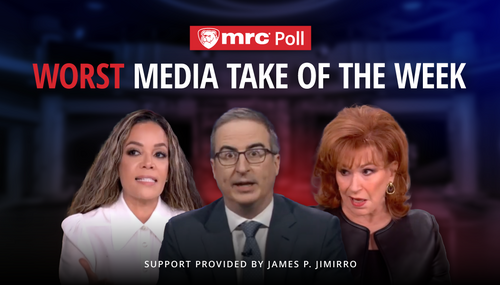
“Democrats exacerbated these problems [in Baltimore] not by embracing the policies of the left. Rather, they dug the hole deeper by yawing to the right,” contended Leber. “Aggressive policing, tougher drug sentencing, slashing the budgets of school and public housing and parks—throughout Baltimore’s history, lawmakers at the local, state, and federal level adopted policies that entrenched poverty and segregation in the city.”
From Leber’s post (bolding added):
The Wall Street Journal wrote this week that liberal policies are at the root of West Baltimore’s problems. “The men and women in charge have been Democrats, and their governing ideas are ‘progressive.’ This model, with its reliance on government and public unions, has dominated urban America as once-vibrant cities such as Baltimore became shells of their former selves,” read a Tuesday editorial…
Conservatives base this logic—that the city somehow proves government investment and social programs are bad policy—on a selective history of Baltimore, noting for instance that its residents have elected only one non-Democratic mayor since the 1940s. But Baltimore’s problems stretch further back, to institutionalized racial discrimination in the early 20th century. Federal and local policymakers of the time redlined areas with "undesirable racial concentrations" to omit them from mortgage insurance programs.
And over the century, the same neighborhoods faced one destructive policy after another, from mass incarceration to the rise of predatory banks…
Democrats exacerbated these problems not by embracing the policies of the left. Rather, they dug the hole deeper by yawing to the right. Aggressive policing, tougher drug sentencing, slashing the budgets of school and public housing and parks—throughout Baltimore’s history, lawmakers at the local, state, and federal level adopted policies that entrenched poverty and segregation in the city.
As the Washington Post notes, research from the Virginia Commonwealth University’s Center on Society and Health shows that the segregated black neighborhoods of the 1930s “still have lower rates of homeownership and college attainment and higher rates of poverty and segregation today—as well as worse health outcomes”…Only a decade ago, banks marketed subprime mortgages to poor black homebuyers, leading to a wave of foreclosures.
The tough-on-crime approach WSJ suggests only made things worse. During Martin O’Malley's mayorship, arrests spiked as police swept up people for offenses as minor as loitering by targeting low-income neighborhoods…[N]eighborhoods like Sandtown-Winchester in West Baltimore, which is 97 percent black and where half the households earn less than $25,000 a year, are still reeling from these policies.
President Barack Obama hinted at the need for assistance in off-the-cuff remarks this week…“If we really want to solve the problem, if our society really wanted to solve the problem, we could,” he said, adding, "I think we all understand that the politics of that are tough because it’s easy to ignore those problems or to treat them just as a law-and-order issue, as opposed to a broader social issue.” Conservatives keep trying to change the conversation.




